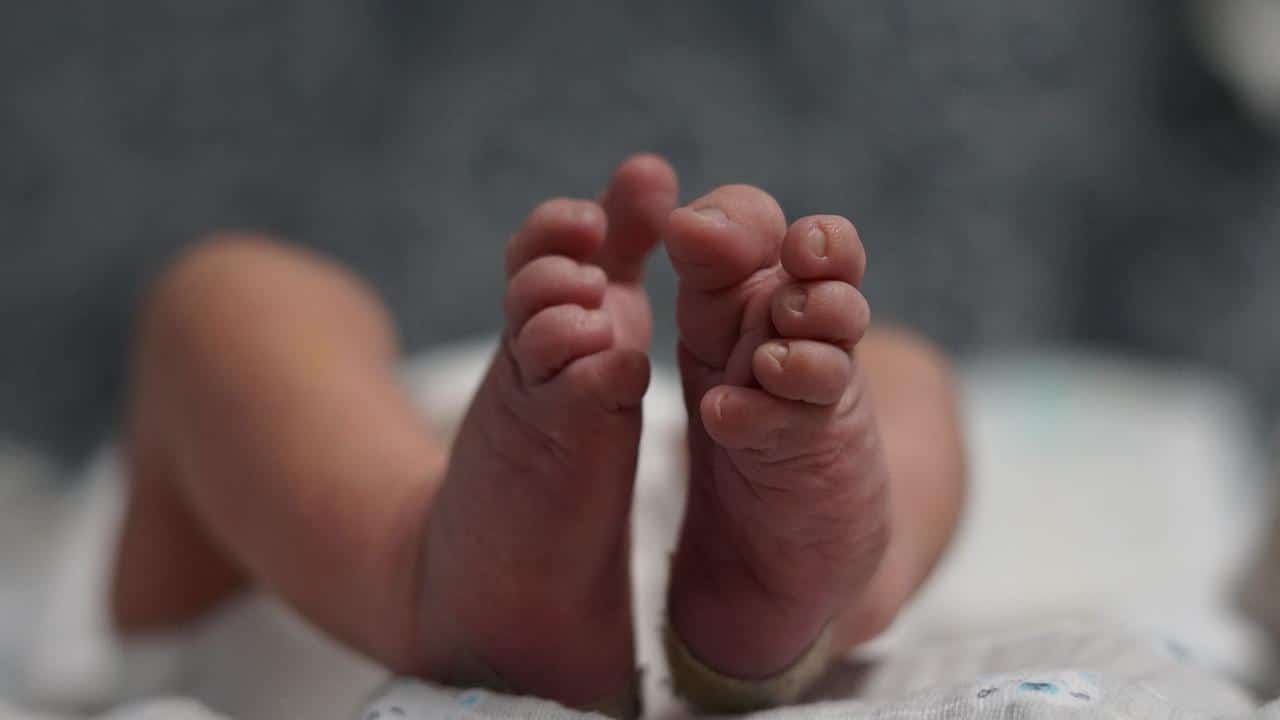Acute hepatitis in children. The guide to identify symptoms, tests, and treatments. There is no link with Covid-19 and the vaccine.
The cases of acute hepatitis in children that have emerged in Europe in recent months are causing considerable concern. They particularly affect the age group from 1 to 5 years. Most cases have been found in the United Kingdom, but initial studies have not revealed any connection with food or beverages.
Therefore, there could be an infectious nature. This emerged from analyzing the cases. Some of these occurred due to contacts (household clustering). The certainty concerns the fact that Covid-19 and vaccines have no connection with the infection. Furthermore, in children affected by acute hepatitis, the common hepatotropic viruses (hepatitis A, B, C, D, E) have not been identified.
In Italy, experts have not found any increase in cases compared to usual numbers. Acute hepatitis has indeed always existed and has always had positive outcomes toward recovery. In rarer cases – about 10% – it can lead to worsening, up to acute liver failure, which makes transplantation necessary. However, careful surveillance of cases is always necessary.
What is acute hepatitis
It is an inflammation of the liver that appears quite rapidly. Symptoms may include fatigue, loss of appetite, vomiting and nausea, diarrhea, jaundice, itching, and dark urine. In rarer cases, fever also manifests. Currently, a cause has not been identified.
What to do in the presence of symptoms
There are several precautions to take in case of symptoms. Thorough hand hygiene remains primarily recommended. In case of digestive symptoms, it is not recommended to take children to school. If symptoms are prolonged, it is necessary to consult the pediatrician.
Required tests
To detect the presence of hepatotropic viruses, laboratory tests are necessary. At NefrocenterLab, it is possible to perform all tests, starting with blood tests. Subsequently, viral screening is performed together with an ultrasound. In case of alterations, it is possible to resort to magnetic resonance imaging or liver biopsy, depending on the need for diagnostic confirmation

